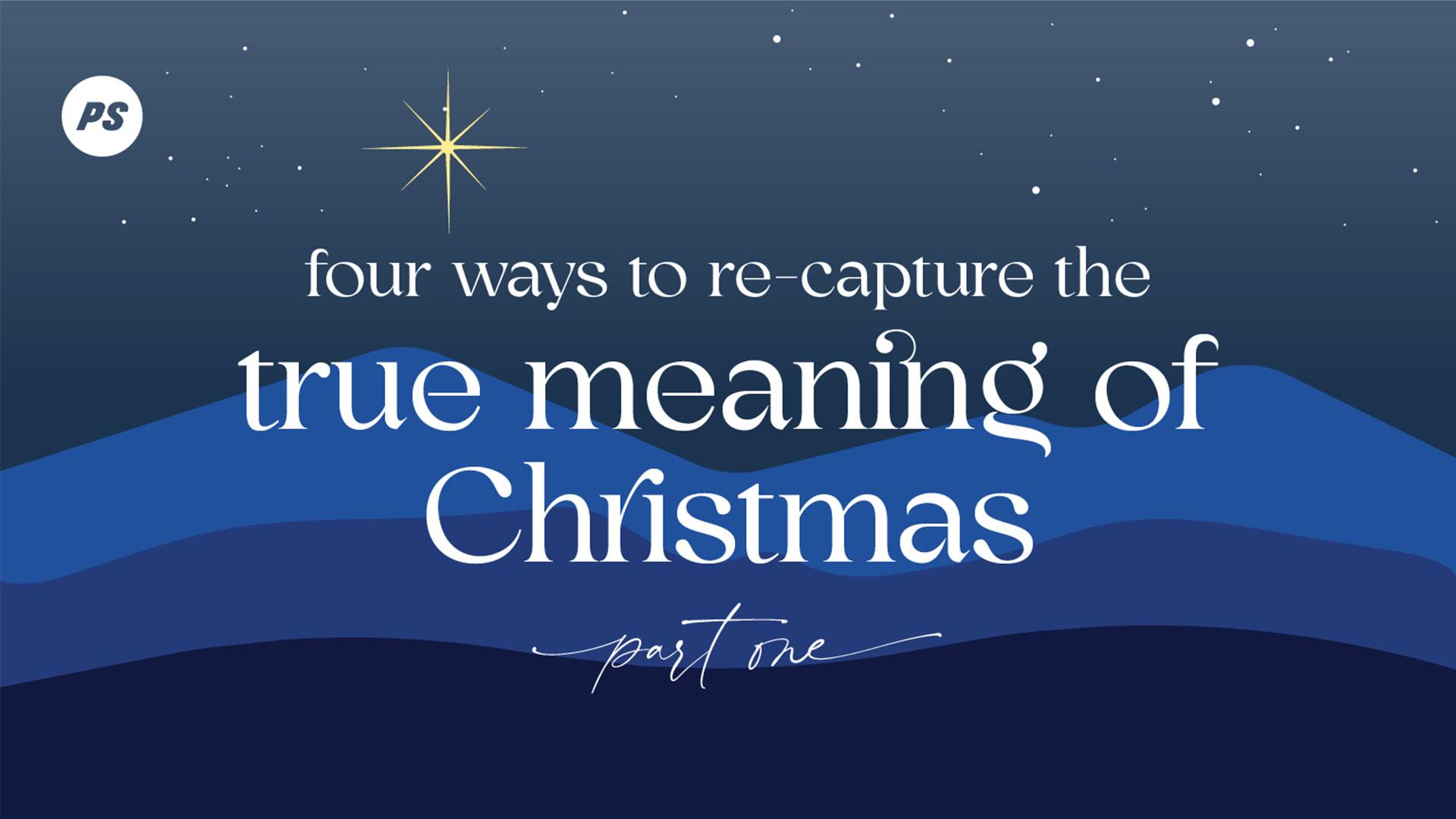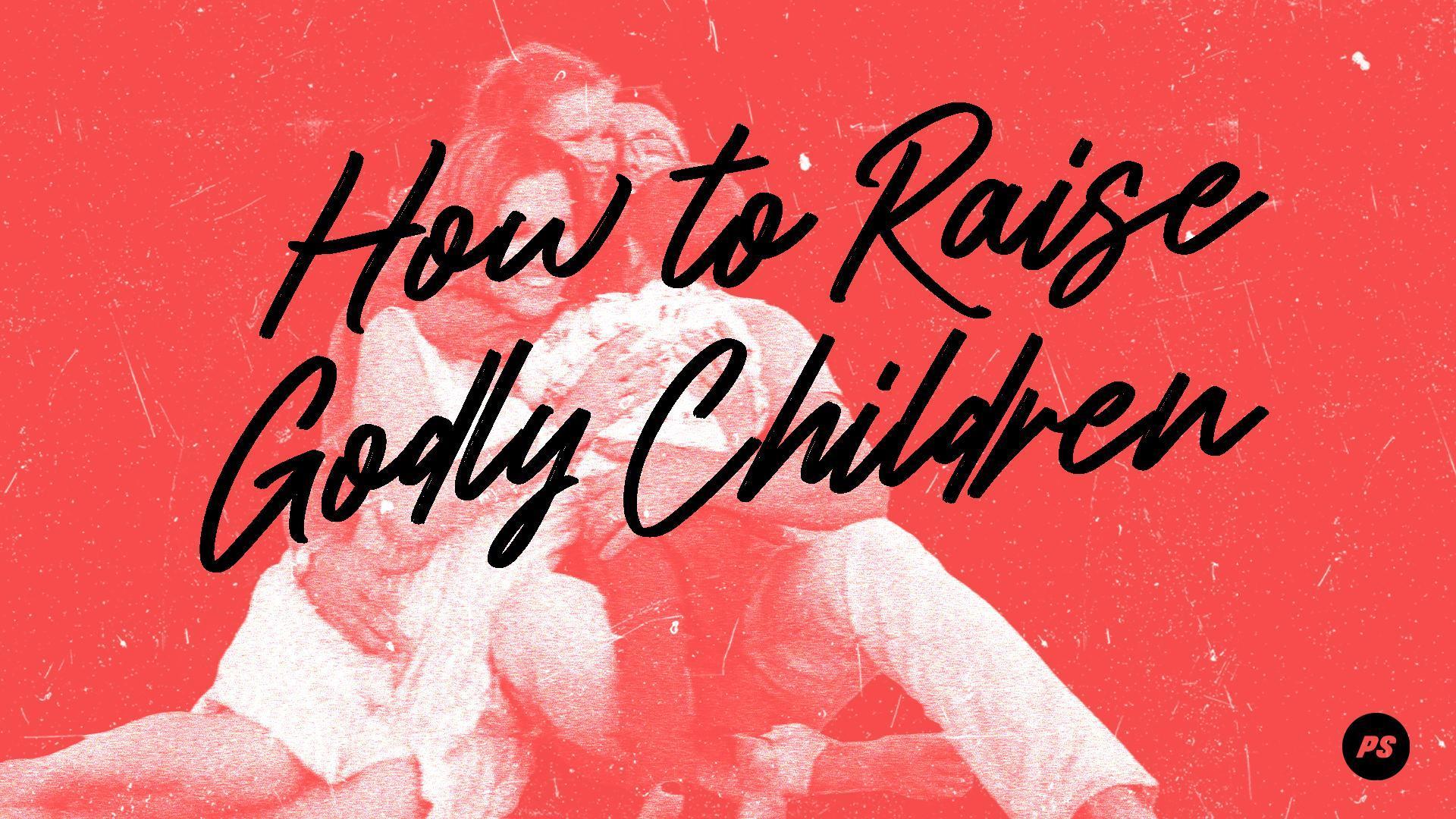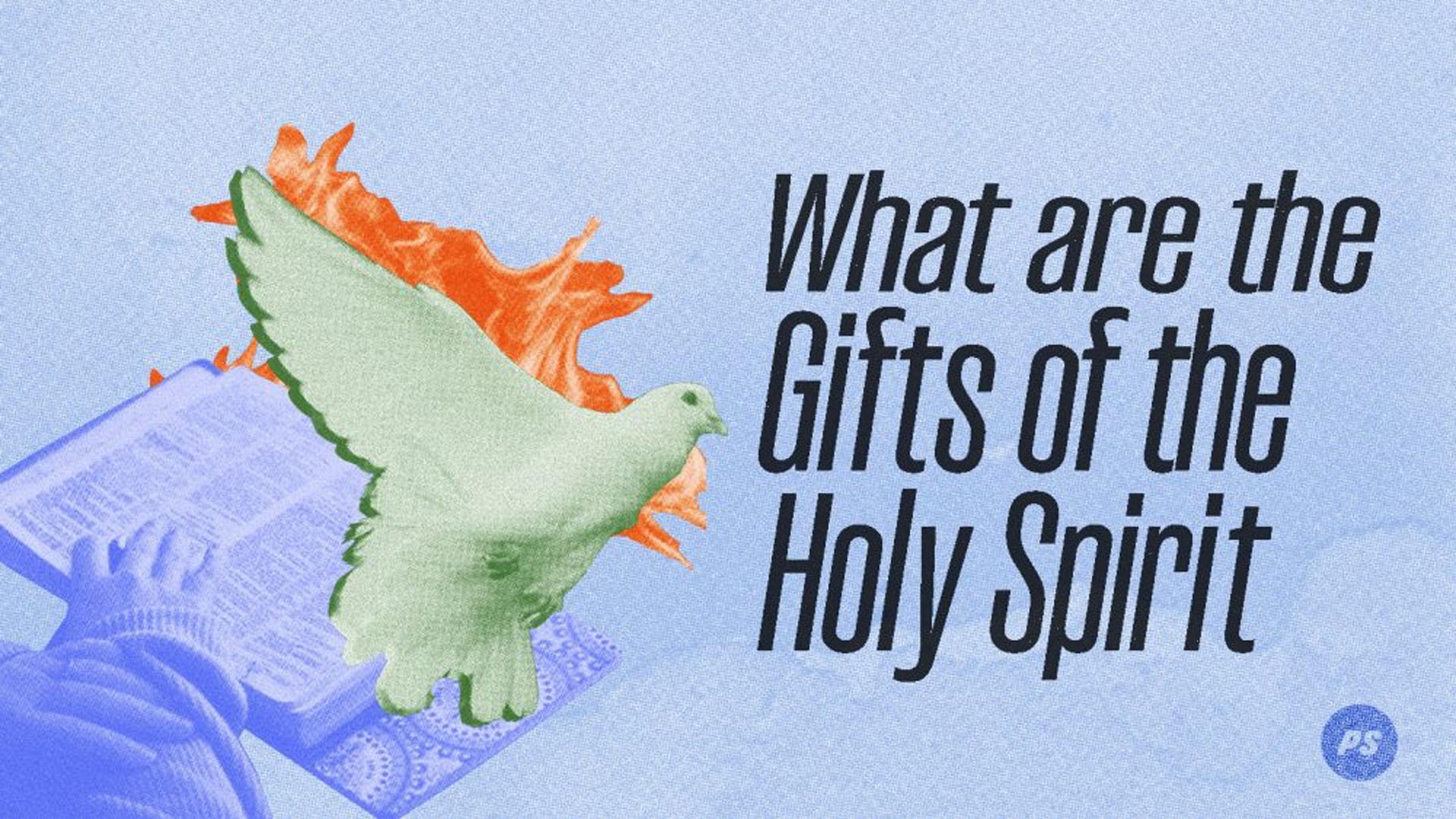It can happen to me at any time and in any place.
Usually I am minding my own business and getting on with life when I suddenly experience a rush of ‘feel-good endorphins’ that activate a movie reel of wonderful memories of festive moments spent with those that I have loved over the span of my lifetime.
It happens whenever I hear the familiar sound of a Christmas tune. Sometimes I am caught unprepared while watching a movie, or occasionally, my playlist will spit up a rousing rendition of my all-time favourite – Oh Holy Night. These moments have been known to bring me to tears and I am often labelled a ‘Christmas fanatic’ by the grinches in my life. To be honest, I care little about what people think of me in this regard and am acutely aware that fellow Christmas-lovers – whether they would admit to it or not— are in the majority!
Our relationship with Christmas is often a very complicated one that involves a spectrum of emotions ranging from pure joy to sheer dread. For me, having been raised in a family that struggled to show affection tangibly in everyday life and was very introverted, Christmas was a moment where my emotional tank would be filled to overflowing. Our tree would bulge with a ridiculous number of gifts, most of which were simple and inexpensive— like a packet of chocolate biscuits or a hand-knitted dress for my Barbie doll. It was absolutely thrilling and in retrospect, a way that my parents could express the deep love they felt for me but found it difficult to communicate with words of affirmation or physical affection.
Christmas baking would start weeks before Christmas, ramping up the anticipation for what was to come. I remember the smell of spices filling the kitchen, often accompanied by Christmas music playing on the record player. I would know exactly when the needle was about to hit a scratch on the record and still anticipate this moment when I hear those same songs played— over 40 years later— on far more hi-tech machines. Then the visits would begin. People would drop by to deliver a hamper or just because it was the thing to do during the season of celebration. We never knew who would turn up next. It was an exciting interruption to an otherwise very predictable life.
Then there were the wonderful events that accompanied church life: Sunday School renditions of the nativity play, Christmas carolling on the back of a truck as we roamed around the church neighbourhood, Christmas functions for the homeless and elderly, and the Christmas Day church service itself where wide-eyed, excited children would brag to each other about the gifts they had received earlier that morning. The day would end in a ‘food coma’ caused by the consumption of copious amounts of Christmas ham, roast potatoes, pavlova and plum pudding.
Is it any wonder that I feel a powerful emotional pull to the Christmas season, year after year?
Now I am older and have adult children. The routines have changed, but not the sentiment. I still start planning Christmas months before, still work hard to uphold a life-time of traditions and still feel unusually moved with affection and gratitude for my family, friends and work colleagues when I cross the invisible boundary into the ‘festive season’. I just love it.
But I would be lying if I did not say that Christmas is just as complicated in my life as in anyone else’s. Strained relationships can wound us more than usual and loneliness can overwhelm us when our emotions are heightened and we are confronted with a plethora of feel-good, picture-perfect images of family and magical, picturesque, snow-drenched destinations. Conflict over the amount of time, money and effort spent, and who it is spent on, is all too common and stress levels can get out of hand as deadlines loom. We can find ourselves buying gifts we can’t afford, exhausting ourselves with endless events and aspiring to produce the ‘perfect’ (yet utterly unattainable) festive experience for our family and friends. More often than not, one person in the family is left with the ‘lion’s share’ of the work and collapses— exhausted and relatively unappreciated—in the aftermath of the celebrations. Worse still, we often enter New Year celebrations with extra kilograms, unmet expectations and at times, relationship regrets.
At Christmas time, strained relationships can wound us more than usual and loneliness can overwhelm us as our emotions become heightened and we are confronted with feel-good, picture-perfect images of family and magical, snow-drenched destinations.
This is why so many people confess to disliking Christmas. When weighed on the scales, the negatives can appear to far outweigh the positives, justifying our need to demonize Christmas fanatics and blame commercialism for the emotional and financial trauma of Christmases past. No wonder many approach the season with the kind of negativity that creates a ‘self-fulfilling prophecy’ that then perpetuates their ongoing disdain for the season!
Facts aside, this was never God’s intention for what is the most profound and deeply meaningful Christian celebration. Though we are right to focus on and celebrate the supernatural death and resurrection of our Lord and Saviour, Jesus Christ, it would never have been accomplished had He not first been sent as a gift for all mankind, that very first Christmas day.
In stark contrast to the decadent celebrations of today’s Christmases, the very first was celebrated in relative obscurity. While the shepherds may argue that the visitation of angels in the night sky was pretty impacting, if not terrifying, the actual arrival of the Birthday Boy was not. The King of all Kings, Jesus Christ, slipped quietly into the world to change it forever.
In stark contrast to the decadent celebrations of today’s Christmases, the very first was celebrated in relative obscurity. The King of all Kings, Jesus Christ, slipped quietly into the world to change it forever.
There was no heavily-adorned, colour-themed christmas tree twinkling in the corner, no carollers singing ‘Silent Night’ outside the barn door to calm Mary as she writhed in labour pains, and certainly no fruit mince pies or glazed ham delivered to sustain the new little family after their long and arduous journey.
But there were gifts: expensive, generous and carefully considered gifts— delivered to the manger by a few strangers who sensed the awesomeness of what had just occurred. The Presence of God was tangible as Emmanuel Himself (meaning ‘God with us’) lay in swaddling clothes before them and His family, some strangers, a few curious animals and a host of angels gathered together in unity, to stare at Him and marvel at the wonder of God’s mysterious plan.
The Presence of God was tangible around the manger as Emmanuel Himself lay before them and His family, some strangers, a few curious animals and a host of angels gathered in unity to stare at Him and marvel at the wonder of God’s mysterious plan.
How things have changed, generations later! How easy it is to lose sight of what Christmas is really all about as we do our best to navigate the stresses of our modern-day celebrations! Perhaps we have over-complicated what God intended to be simple, yet deeply impacting. The good news is that it is never too late to change and so much more to learn concerning the real meaning of Christmas, as God intended it to be. We need look no further than the very first Christmas gathering that took place in Bethlehem, to find the inspiration we need to make some necessary adjustments to this very special occasion.
The story of Jesus’ birth teaches us 4 ways that we can re-capture the true meaning of Christmas:
1. The Right Focus.
When the day of Pentecost came, they were all together in one place.
Jesus humbled Himself in the form of a man, with one clear intention in mind—to die on a cross in place of mankind. As an innocent, sin-free man, He was the only sacrifice legally -acceptable in the spirit realm, that would enable mankind to be restored in relationship with their Creator and with the authority they once carried. When His mission was completed, Jesus promised to draw all people to Himself and he has been doing that ever since.
I am always amazed how people from all walks of life—many of whom actively oppose Christianity— find themselves voluntarily participating in Christmas concerts and events where Jesus is being celebrated. They are the first to bellow out the carols as they sit donning Santa hats, cradling candles and hugging their children. Why is this so? Why hasn’t the celebration of Christmas died off as hearts have grown colder to the message of the Gospel? Why is Christmas still one of the most highly-anticipated events of the year, all over the Earth?
I believe that this is one of the ways that the above scripture is being fulfilled. Whenever Jesus is the focus, people are drawn in and moved by the anointed and worshipful lyrics of inspired songs and by His tangible Presence. I have no doubt that even angels gather to watch mankind remember and celebrate the greatest miracle the world has ever seen.
What we can learn from this is to make sure that we are careful to include and exult Jesus in our Christmas celebrations. It is so easy to lose focus on who we are celebrating and join the Santa 'bandwagon’ which dominates our world. While I have nothing against Santa, I am always saddened when children are more focussed on, devoted to and grateful for him and what he will bring them, than on God and the life-changing Gift that He sent them. Long after the paper has been ripped off the toys and they lay unwanted in the corner of their bedroom, the gift of Jesus will continue to deeply and profoundly impact their lives for all eternity.
How sad when children are more focussed on Santa and what he will bring, than on God and the life-changing Gift that He sent them. Long after the paper is ripped off toys, the gift of Jesus will continue to deeply and profoundly impact their lives.
A few Christmases ago, I attempted to organise a live nativity scene in our church foyer, starring kids playing traditional roles. I was utterly dumbfounded when several parents complained that they did not want to, nor knew how to, dress their kids in traditional Christmas costumes (shepherds, Mary and Joseph, angels etc.). The majority would only agree to participate if their kids were able to wear Santa hats instead. My heart was crushed as I recalled the wonder and joy of dressing up as pregnant Mary and re-enacting the story I had come to know so well, in front of the adoring adults at our Sunday School Christmas plays. Even more special were the times that I was one of those adoring parents myself, watching my own children present their unique and at times ‘off-script’ version of the nativity story. These precious memories still linger in my heart decades later.
Is it possible that the secular culture of this world is insidiously taking centre stage when it comes to celebrating the birth of the Saviour of the World? Perhaps it is time to re-calibrate.
Is it possible that the secular culture of this world is insidiously taking centre stage when it comes to celebrating the birth of the Saviour of the World? Perhaps it is time to re-calibrate.
Can I encourage you to intentionally and unapologetically make Jesus the main focus and centre of your Christmas celebrations—especially in the presence of impressionable children and unbelievers alike. Make sure they know and understand the story that undergirds your family’s faith. When you do, His Presence will manifest and you will create an atmosphere that echoes the very first gathering—when Heaven and Earth collided in a little barn, thousands of years ago.
After all, He is, and has always been, the reason for the season.
Please join me for part 2 of this discussion to follow.
More post from General





